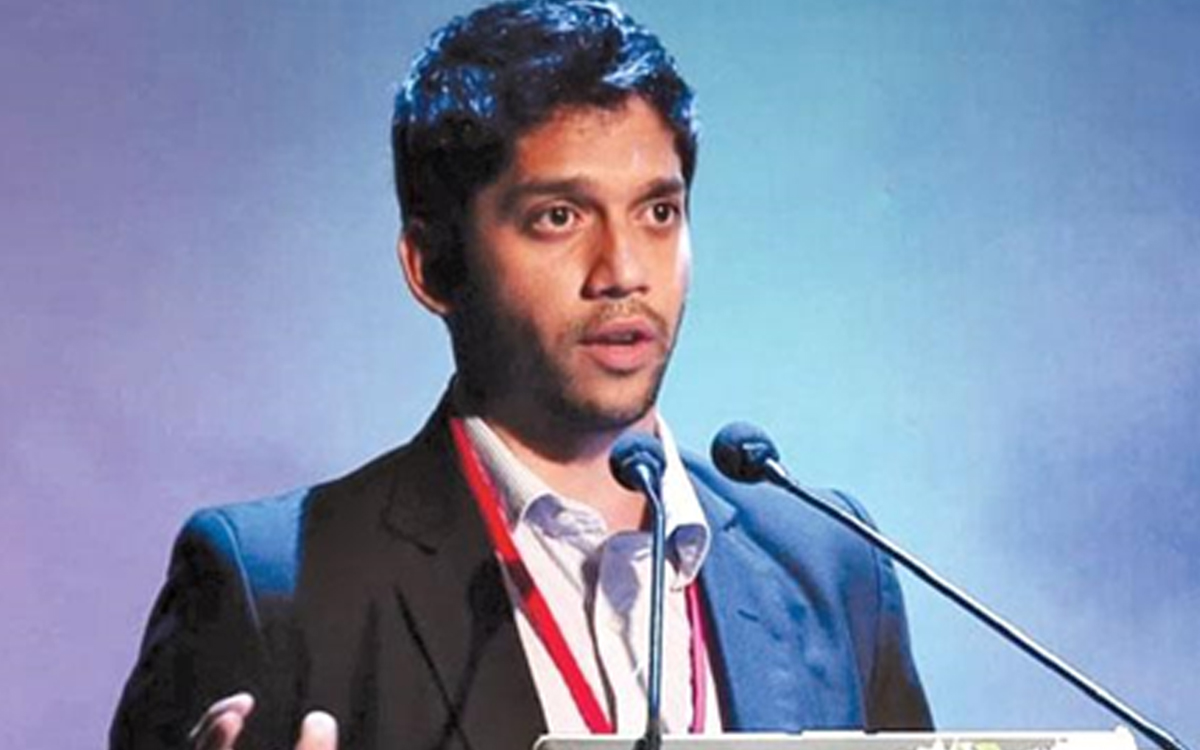Published on Daily Mirror
- Prudence at the helm is the most important need of the country today – W. A Wijewardena
- Burden of funding will inequitably fall on the rest of the labour force – Deshal de Mel
- Need of the hour was austerity, but the policy was a total reverse of what was needed – Murtaza Jaferjee
- Government has taken a policy decision, so they may be knowing how to find the money for this – Prof. Sirimal Abeyratne
The government’s New Year bonanza to the people announced by the Finance Ministry this week could be looked at as a blessing at a time of hardship. However, looking beyond the attractive packaging makes one question if it’s a curse that would eventually add to the mounting woes of the public.
The government on Monday (3) announced its decision to offer a relief package amounting to Rs.229 billion to ease the burden on people by soaring prices and assured that the financing of the same would be done without taxing the people.
In an effort to gain insights on what the package actually means to the general public and the economy, Mirror Business spoke to a few leading economists yesterday to understand the small print of the Cabinet decision.
According to senior economist and former Central Bank (CBSL) Deputy Governor W. A Wijewardena, for a country such as Sri Lanka that lacks fiscal resources, the 1.3 percent of GDP spend can most likely come by trimming capital expenditure.
The short-term relief will lead to long-term pain as it is likely that what will get the axe is capital expenditure. A cut in this regard would leave direct negative implications for the country’s long-term growth.
“If capital expenditure is kept at its current level, the alternative is to borrow. But borrowing from foreign sources is out due to high-interest costs. Domestic borrowing can be done if interest rates are allowed to increase,” said Wijewardena.
He professed that the easy option is to further borrow from the Central Bank and commercial banks, which has increased by Rs.3.7 trillion over the last 23 months, in turn expanding the money stock by 39 percent.
The insights shared by Wijewardena indicated that people should brace to grapple with an extremely high inflation environment in the coming months.
“Its impact is already seen in the acceleration of inflation rate to 12 percent with foodflation rising to 22 percent. This will be worsened in the future.
Hence, prudence at the helm is the most important need of the country today,” he stressed.
While reflecting similar sentiments, Verite Research – Research Director Deshal de Mel noted that the budget deficit would take a hit, as there is no intention to increase taxation to fund the announced relief expenditure.
“This, in turn, would require higher government borrowings from the domestic market, adding to pressure on interest rates and driving up interest costs for the government— which is already the highest in the world as a percentage of government revenue,” shared de Mel.
Although the additional income cushion for Samurdhi recipients, government employees, and pensioners will provide some relief, the burden of funding will inequitably fall on the rest of the labour force that would eventually pay for higher borrowing costs of the State, de Mel noted.
He went on to stress that the additional spending would require a fresh supplementary estimate, which goes against the Finance Ministry’s own commitment in the budget to refrain from supplementary estimates in 2022.
As the specifics on the manner in which the relief package will be rolled out is yet to be revealed, Advocata Institute Chairman Murtaza Jafferjee opined that the fiscal deficit will not take a hit if the plan is to fund the programme by shifting expenses from other line items in the budget.
Further aggravated in the current scenario will also be the US dollar shortage, Jaferjee said, as it will elevate demand.
Commenting on the sudden relief, Jaferjee said the need of the hour was austerity but the policy was a total reverse of what was needed.
Meanwhile, University of Colombo (UoC) Professor Sirimal Abeyratne when questioned on the possible channels of funding for the programme quipped that if the policymakers have announced such a programme, they must have done their calculations right on where the funds will come from.
“All I can say is that the living standard of the public is severely impacted due to supply shortages and rising prices. As this is not acceptable from an economic point of view, they are in need of relief.
The dilemma is on how their requirements can be met. The government has taken a policy decision, so they must be knowing how to find the money for this,” said Prof. Abeyratne.
